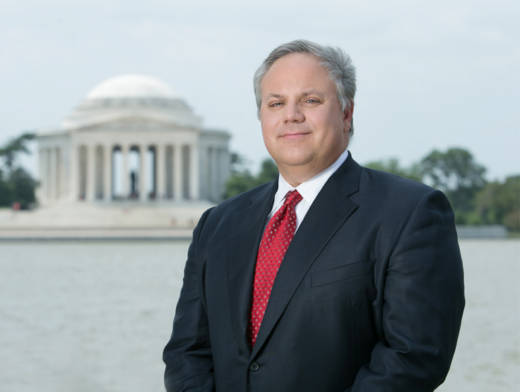President Trump has appointed David Bernhardt, until late last year a lobbyist and attorney for the San Joaquin Valley’s powerful Westlands Water District, to a top post in the Department of the Interior.
Among the agencies Bernhardt will have a role in overseeing is the Bureau of Reclamation, which operates the federal Central Valley Project — a key source of water for much of California agriculture, including Westlands.
Friday’s appointment, which was signaled in November when Bernhardt was appointed part of Trump’s transition team, has been met with uniform dismay by California conservationists and fishing interests who have fought a generations-long battle over restoring habitat and environmental water supplies throughout the Sacramento-San Joaquin watersheds, including the Delta.
McClatchyDC, the Washington, D.C., outlet for Sacramento-based McClatchy newspapers, has a long piece on Bernhardt’s appointment: “Lobbyist who once sued Interior named to be department’s No. 2 official.”
McClatchy’s Stuart Leavenworth writes:
If confirmed by the Senate, Bernhardt will be in a position to influence upcoming decisions that could benefit his former client.
Under an executive order signed by President Trump, appointees such as Bernhardt are required to recuse themselves from matters involving former clients, although in the past, waivers have been granted for people in his situation. …
Bernhardt’s nomination, however, is already drawing fire from critics who note that Trump, as a candidate, promised to “drain the swamp” of lobbyist influence over the White House and Congress. As president, Trump has placed lobbyists in key positions of his transition and administration, and adopted ethics rules looser than those of the Obama administration for incoming appointees.
McClatchy notes that Rep. Jared Huffman, D-San Rafael, offered especially pointed criticism:
“Bernhardt is a walking conflict of interest. He should absolutely have to recuse himself from anything having to do with Westlands Water District. That is the most obvious of ethical fault lines here.”
An Ally Praises Appointment
